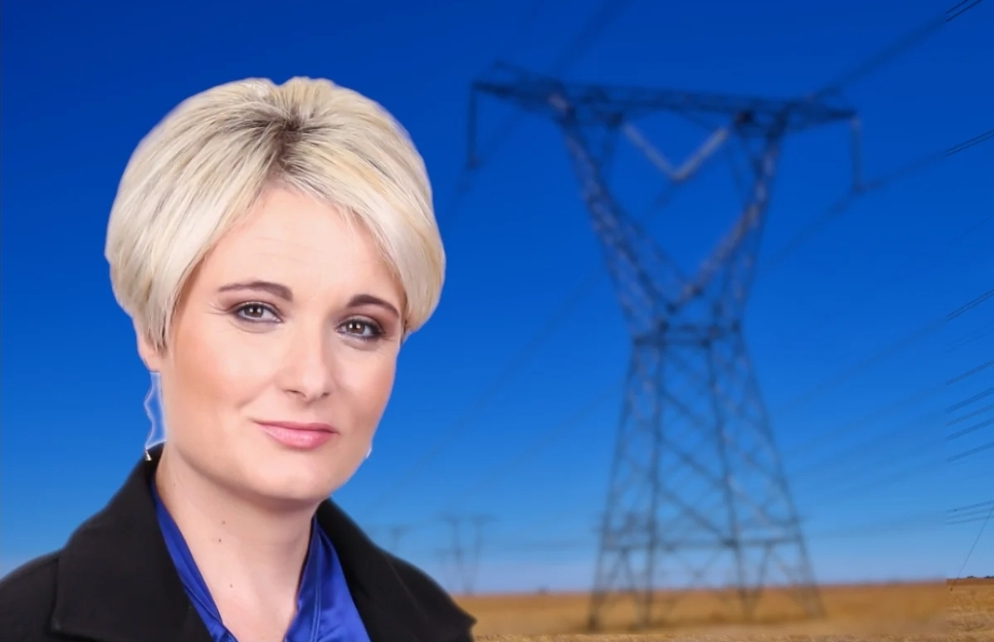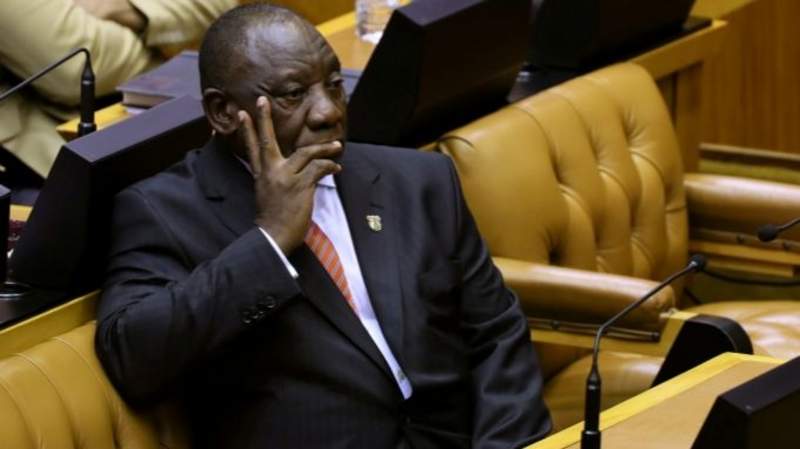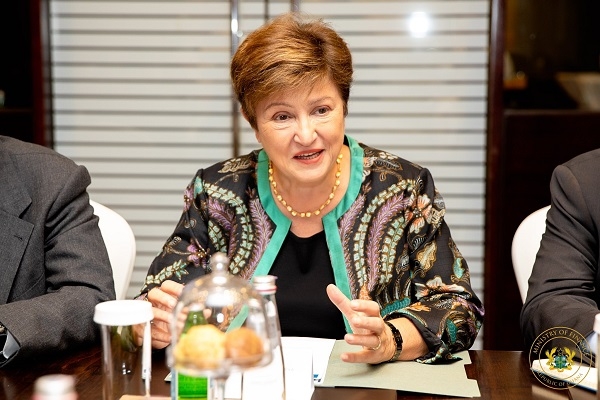The woman stopping a total grid collapse in South Africa

Despite the enormous pressure, she still describes the job as exciting and rewarding because she makes a positive difference in her colleagues and the public’s lives.
Fick has three decades of experience at Eskom, having started as an engineer in training in 1995. That came after she completed her B.Eng degree in electrical and electronic engineering at the North-West University.
She has also obtained a Master of Business Administration from the NWU, a government certificate of competency, and several senior management programme qualifications.
Fick’s only break in service from Eskom was eight months between 2002 and 2003, when she worked for Denel.
She has been employed in the Eskom System Operator division since December 2018 and was appointed general manager in September 2020.
Fick’s primary mandate is to ensure Eskom has a reliable, balanced and stable transmission system.
In the past three and a half years, a highly unreliable generation system has kept the System Operator on its toes.
Load-shedding between 2020 and 2024 was more severe and frequent than during the entire 12 years since 2008, when South Africa’s rotational power cuts first started.
Fick’s position requires that she be available 24/7, except when on leave. “Our operations run continuously across the country, and as such, we need to be both strategic and operational,” Fick told Mybroadband.
She explained the System Operator had five departments: National Control, technical operations, telecommunications, grid code compliance and system reliability services, also known as demand response and ancillary services.
Fick’s team performs functions like detail forecasting, system modelling, protection settings, metering, inputs into power-purchasing agreements, resilience and emergency planning, safety, quality and environmental assurance, and systems design and scoping.

Fick said she had no typical day-to-day tasks and that each day came with its own challenges.
“It is extremely diverse in nature. That keeps it very exciting and ever-changing,” Fick told Mybroadband.
Among her many jobs are regularly interfacing with various government departments and examining key infrastructure and capacity expansion initiatives.
She also travels to important transmission sites across the country as often as she can for a hands-on perspective.
In addition to her operational duties, Fick must attend the strategic meetings of the Transmission divisional board and the Transmission executive committee.
Biggest challenges and rewards

The most challenging part of her job has been managing load-shedding and the impact it has on the economy and people’s livelihoods.
Part of her role is keeping staff motivated and focused on ensuring that the grid is stable.
“It is the most rewarding area to work in because when you go home, you know you’ve made a difference in people’s lives,” Fick said.
“The general public may not understand the positive difference when there is real agony and frustration during load-shedding, but my staff do.”
Fick said she nonetheless has empathy with the public’s reaction to load-shedding.
“I cannot be upset because we are dealing with livelihoods and real issues, not just with inconvenience,” she said.
“On the other hand, I am human and can really be concerned when there are baseless accusations without empirical evidence nor a clear understanding or knowledge of the power system and what it takes to make such an enormous organism function.”
“Interpreting data and coming to conclusions without bringing reality into the equation is not a fair analysis.”
Fick said Eskom was making real progress after South Africa’s longest load-shedding break in over two years.
“Our plans and focused planned maintenance are starting to pay dividends, although they may still take a while to put an end to load-shedding,” she said.
Source: MyBroadband





